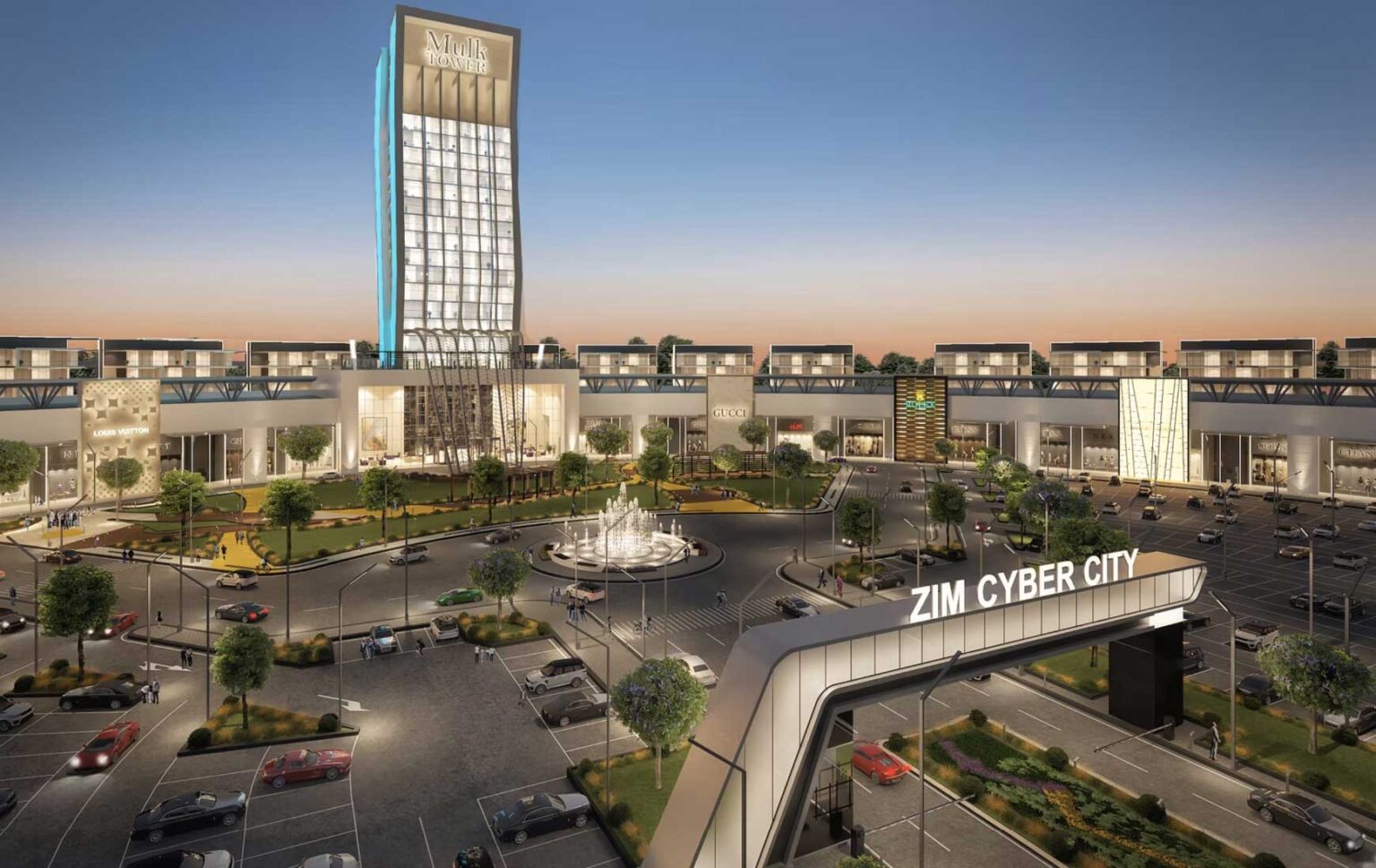The development of smart cities – urban environments where traditional networks and services are made more efficient using digital solutions to benefit residents and businesses – is gradually taking hold in Africa. Cities like Cape Town in South Africa, Eko Atlantic in Nigeria, and New Cairo in Egypt lead the way with tech-driven urban spaces built on intelligent infrastructure. These cities are designed to be technologically advanced, with digital infrastructure embedded in their foundations.
Africa is experiencing an unprecedented surge in urban growth, transitioning from being one of the least urbanised continents in 2014 to an estimated 2.4 billion people living in urban areas by 2030. While this growth presents economic opportunities, it also brings challenges.
Central to these challenges are ensuring seamless mobility and access to urban services, guaranteeing access to clean water and sanitation, prioritising public health, bolstering safety measures, and establishing effective policy frameworks.
Smart cities offer solutions to these challenges by promising efficient use of space, reduced traffic congestion, cleaner air, and enhanced civic services. For Africa, the advent of smart cities represents a unique opportunity to harness the power of technology and modernised infrastructure for sustainable urban development.
Several African cities are already implementing smart solutions. Cape Town has introduced a smart water management system that uses sensors and data analytics to monitor usage, detect leaks, and optimise distribution. Lagos, meanwhile, is tackling its infamous traffic congestion through intelligent traffic lights, real-time monitoring, and data analytics to improve traffic flow.
Kigali, Rwanda, has implemented a smart waste management system, integrating technology to monitor waste in bins. This system enables efficient waste collection routes, reduces costs, and promotes sustainability.
Nairobi has embraced a smart public transportation system that incorporates mobile payments, real-time bus tracking, and the integration of transport data to improve efficiency. In Dar es Salaam, digital payment systems have been introduced for various services, including public transportation and municipal services, increasing convenience and transparency.

Addis Ababa is exploring smart education initiatives, incorporating digital platforms, e-learning tools, and improved connectivity in schools. Elsewhere in Malawi, the Mvera Smart City Project in Lilongwe, led by the Malawi Communications Regulatory Authority (MACRA), integrates advanced technologies with sustainable urban planning principles.
Zimbabwe is also considering a smart city solution to the virtual collapse of the capital, Harare. The result is the construction of a new “cyber city” in Mount Hampden, 17 km northeast of Harare. The city already hosts the national parliament and is due to accommodate the headquarters of the central bank, the high and supreme courts, mineral auction centres, a stock exchange, a presidential palace, and luxury villas.
Billionaire Shaji Ul Mulk, who is backing the project, has invested $500 million, with a vision of turning it into a $60 billion development similar to Dubai. In a brochure promoting the development, Ul Mulk described Mount Hampden as the “new Harare”, and Harare authorities have said they want to replicate the model in Bulawayo and Victoria Falls.
However, renowned Zimbabwean architect Mick Pearce warns that while technology can enhance efficiency, massive energy, water supply, and infrastructure investment is required. “In Harare, we live in one of the most unequal cities in the world, and we are very far from smart,” he told Africa in Fact. “The cost of going smart is in the trillions. Only cities like Singapore can approach this with an economy to match.”
Also speaking to Africa in Fact, Winos Dube, the chairman of the Bulawayo Residents Association, agreed that smart city models relying solely on private investment may create disparities, especially if service delivery shifts entirely to digital platforms. “If service delivery shifts entirely to smart systems, high-density and low-income areas may experience neglect,” he said.
Pearce, however, gave the example of developments in Harare’s sprawling Epworth settlement, which, he said, offered a good example of an inclusive smart city funding model. There, 23,000 residents have obtained the title of their homes for just $20 each, thanks to smart, high-tech drone surveys, allowing the town council to leverage $2 billion in property value for infrastructure improvements such as roads, sewers, and water supply. “They are also using their wetland in a reconstructed form to treat wastewater using plants and the sun,” he said. Pearce also believes this model could be applied in other informal settlements, such as Mbare, another high-density suburb in Harare.
Clearly, policymakers must create frameworks that encourage technological innovation tailored to local urban challenges. This will ensure that all segments of society, including marginalised communities, benefit from smart city initiatives. This must include effective collaboration among governments, businesses, and academia.
As Africa continues to urbanise, smart cities present an opportunity to create more efficient, liveable, and sustainable urban spaces. However, their success will depend on inclusive planning, affordable technology, and governance structures prioritising equitable growth.

Barnabas Thondhlana has worked for Dow Jones and Bloomberg newswires as their Zimbabwe correspondent. He is the publisher of three community newspapers and a national daily, and a media trainer in investigative journalism. He has been instrumental in the formation of several independent newspapers, including the Zimbabwe Independent, The Daily News, The Daily News on Sunday, Newsday and The Observer.



